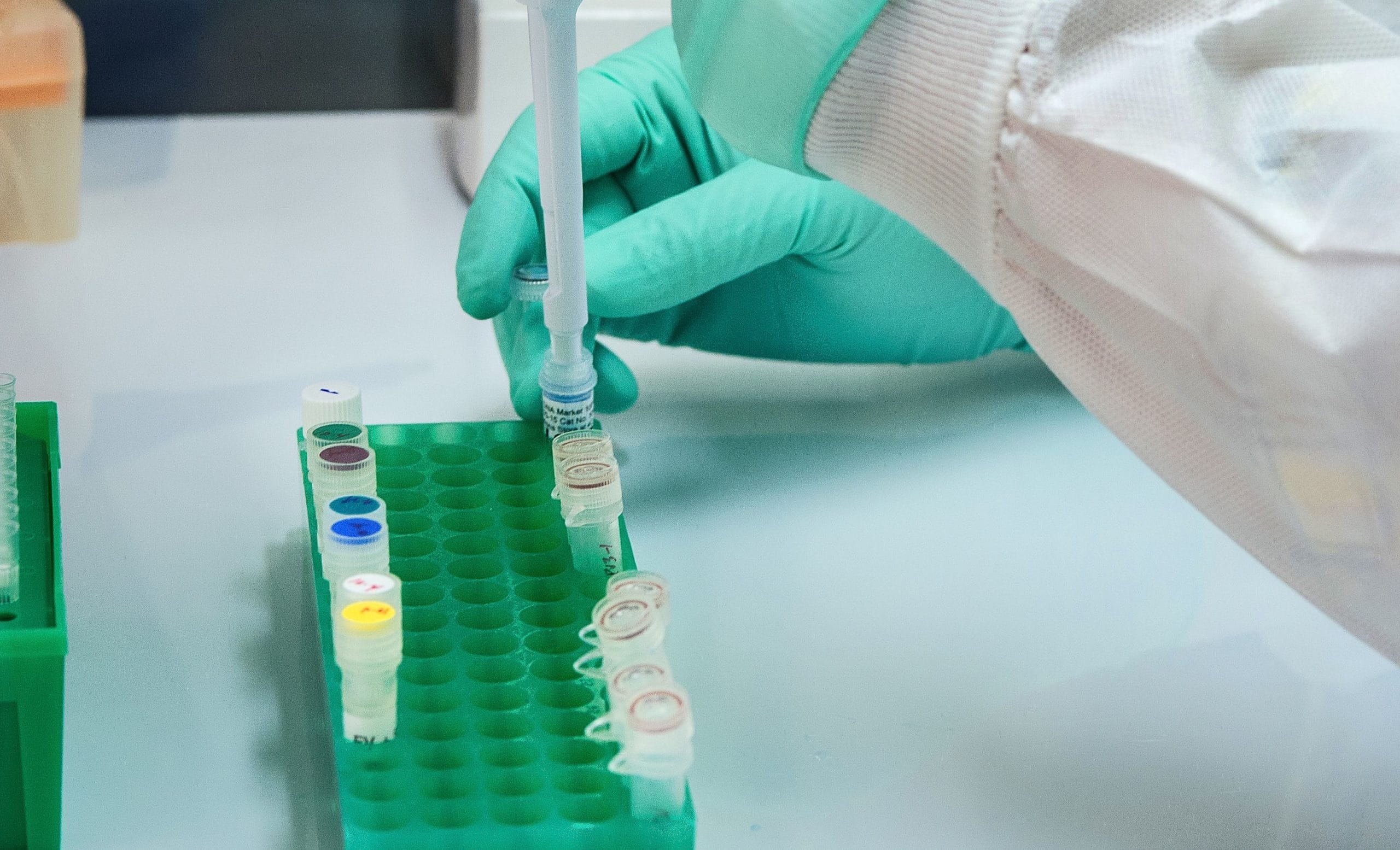
A new peer-reviewed study published by PLOS One offers new evidence to support the claim that vitamin D suppresses severe COVID response. Based on research conducted during the first two COVID waves, researchers at the Bar Ilan University and the Galilee Medical Center in Israel released the study on February 3rd, confirming a strong correlation between vitamin D levels and severity of illness. The scientists assert that they can predict, based on a person’s age and vitamin D level, how that person would fare against the virus.
“We found it remarkable to see the difference in the chances of becoming a severe patient when you are lacking in vitamin D compared to when you’re not,” said Dr. Amiel Dror, one of the researchers involved in the study. While the research was conducted pre-Omicron, he believes that other variants don’t affect the effectiveness of vitamin D. “What we’re seeing when vitamin D helps people with Covid infections is a result of its effectiveness in bolstering the immune systems to deal with viral pathogens that attack the respiratory system,” he said in an interview with The Times of Israel. “This is equally relevant for Omicron as it was for previous variants.”
Supplemental vitamin intake has its skeptics though. There are those who argue that a healthy diet and outdoor sun exposure is enough to keep vitamin D levels sufficient. Nevertheless, even in a region such as the Middle East, profuse with sunny days, the majority of people suffer from vitamin D deficiency. In Israel alone, four out of five people are low on the vitamin.
Past efforts to confirm the vitamin-COVID response correlation had been put into doubt by the scientific community, who asked whether recent health conditions among patients could have skewed the results of earlier studies. The implication was that certain health conditions could have reduced the vitamin D levels and increased the overall vulnerability of patients, thus turning the vitamin D deficiency into a symptom rather than a contributing factor in disease severity.
To answer this question, Dr. Dror’s team looked at the data over a two-year stretch before the onset of COVID infection, particularly vitamin D levels. The results confirmed their thesis, that there is a strong correlation between sufficient vitamin D levels and the body’s ability to fight the virus. “Because this study gets such a good picture of patients’ vitamin D levels,” Dror explained, “by looking at a wide time frame instead of just the time around hospitalization, it offers much stronger support than anything seen so far emphasizing the importance of boosting vitamin D levels during the pandemic.”
Already last June researchers published preliminary findings indicating that 26% of COVID patients died if they were vitamin D deficient before hospitalization, compared to 3% who had sufficient levels of vitamin D. Vitamin D deficient patients were also 14 times more likely to end up in severe or critical condition than others.
Some members of the scientific community, as well as mainstream media outlets, have regularly voiced skepticism over the presumed effectiveness of vitamin D as a prophylactic, or indeed a remedy, against COVID. The skepticism, however, has often been generated by exaggerated reports on social media about the effectiveness of vitamin D, which has often led to throwing out the baby with the bathwater. But Dr. Dror’s confidence in his team’s research will assuage such skepticism. “People should learn from this that studies pointing to the importance of taking vitamin D are very reliable, and aren’t based on skewed data,” he said. “And it emphasizes the value of everyone taking a vitamin D supplement during the pandemic, which, consumed in sensible amounts in accordance with official advice, doesn’t have any downside.”